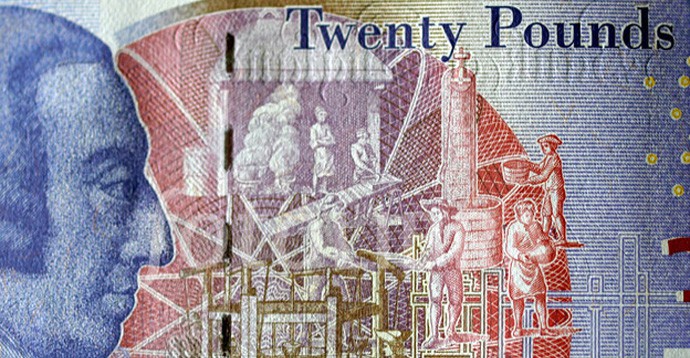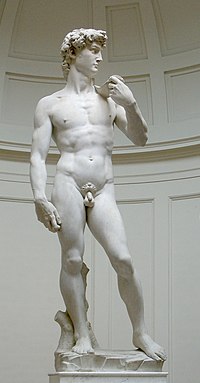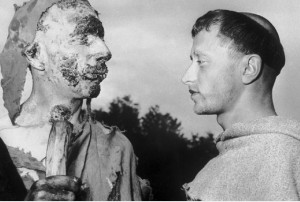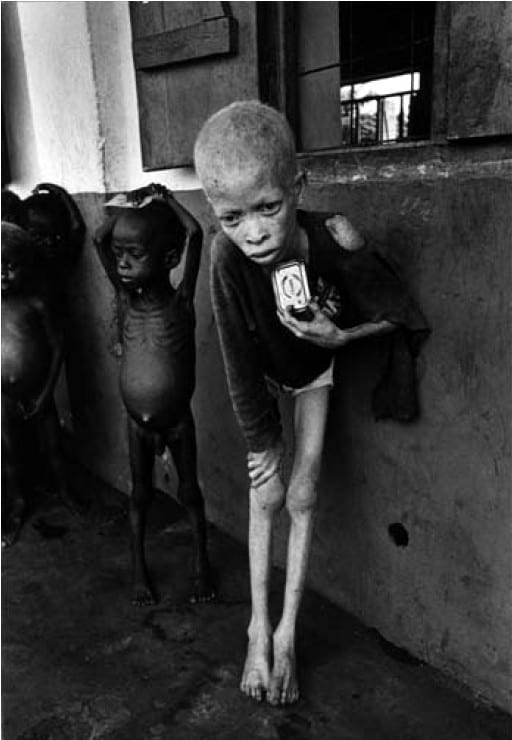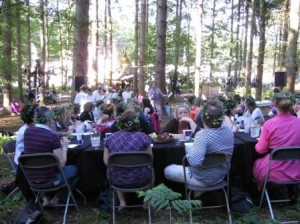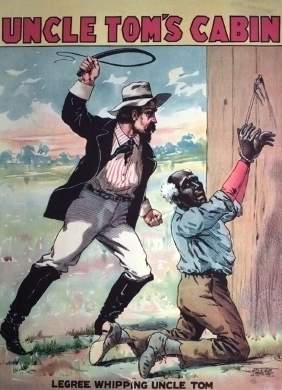 ‘It was through books that I first realised there were other worlds beyond my own; first imagined what it might be like to be another person,’ wrote novelist Julian Barnes in a recent Guardian essay. It’s an enticing thought that reading fiction might help us escape the straitjacket of our egos and expand our moral universes. Modern literary theorists are, however, decidedly sniffy about the notion. ‘They see the idea as too middlebrow, too therapeutic, too kitsch, too sentimental, too Oprah,’ according to Steven Pinker in his latest tome, The Better Angels of Our Nature.
‘It was through books that I first realised there were other worlds beyond my own; first imagined what it might be like to be another person,’ wrote novelist Julian Barnes in a recent Guardian essay. It’s an enticing thought that reading fiction might help us escape the straitjacket of our egos and expand our moral universes. Modern literary theorists are, however, decidedly sniffy about the notion. ‘They see the idea as too middlebrow, too therapeutic, too kitsch, too sentimental, too Oprah,’ according to Steven Pinker in his latest tome, The Better Angels of Our Nature.
Yet Pinker, together with philosopher Martha Nussbaum, psychologist Keith Oatley and historian Lynn Hunt, is amongst a new band of champions for the idea that reading can indeed change not just ourselves, but the world. If we want to put this idea to the test, a good starting point is one of the most popular novels of the nineteenth century, Harriet Beecher Stowe’s Uncle Tom’s Cabin. What interests me, though, is not simply the extraordinary social impact of this admittedly sentimental story, but what its writing reveals about the origins of morality itself. Continue reading
